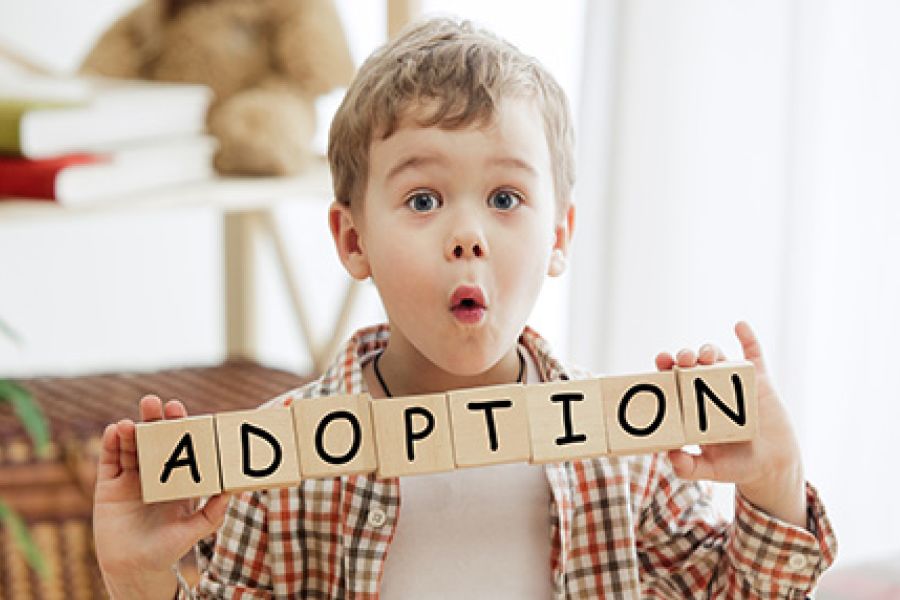Adopting a Child? Bring Home a Tax Break Too

Two tax benefits are available to offset the expenses of adopting a child. In 2022, adoptive parents may be able to claim a credit against their federal tax for up to $14,890 of “qualified adoption expenses” for each child. This will increase to $15,950 in 2023. That’s a dollar-for-dollar reduction of tax.
Also, adoptive parents may be able to exclude from gross income up to $14,890 in 2022 ($15,950 in 2023) of qualified expenses paid by an employer under an adoption assistance program. Both the credit and the exclusion are phased out if the parents’ income exceeds certain limits.
Parents can claim both a credit and an exclusion for expenses of adopting a child. But they can’t claim both a credit and an exclusion for the same expenses.
Qualified expenses
To qualify for the credit or the exclusion, the expenses must be “qualified adoption expenses.” These are the reasonable and necessary adoption fees, court costs, attorney fees, travel expenses (including meals and lodging), and other expenses directly related to the legal adoption of an “eligible child.”
Qualified expenses don’t include those connected with the adoption of a child of a spouse, a surrogate parenting arrangement, expenses that violate state or federal law or expenses paid using funds received from a government program. Expenses reimbursed by an employer don’t qualify for the credit, but benefits provided by an employer under an adoption assistance program may qualify for the exclusion.
Expenses related to an unsuccessful attempt to adopt a child may qualify. Expenses connected with a foreign adoption (the child isn’t a U.S. citizen or resident) qualify only if the child is actually adopted.
Taxpayers who adopt a child with special needs are deemed to have qualified adoption expenses in the tax year in which the adoption becomes final, in an amount sufficient to bring their total aggregate expenses for the adoption up to $14,890 for 2022 ($15,950 for 2023). They can take the adoption credit or exclude employer adoption assistance up to that amount, whether or not they had those amounts of actual expenses.
Eligible child
An eligible child is under age 18 at the time a qualified expense is paid. A child who turns 18 during the year is eligible for the part of the year he or she is under age 18. A person who is physically or mentally incapable of caring for him- or herself is eligible, regardless of age.
A special needs child refers to one who the state has determined can’t or shouldn’t be returned to his or her parents and who can’t be reasonably placed with adoptive parents without assistance because of a specific factor or condition. Only a child who is a citizen or resident of the U.S. is included in this category.
Phase-out amounts
The credit allowed for 2022 is phased out for taxpayers with adjusted gross income (AGI) over $223,410 ($239,230 for 2023) and is eliminated when AGI reaches $263,410 ($279,230 for 2023).
Note: The adoption credit isn’t “refundable.” So, if the sum of your refundable credits (including any adoption credit) for the year exceeds your tax liability, the excess amount isn’t refunded to you. In other words, the credit can be claimed only up to your tax liability.
(This is Blog Post #1309)


